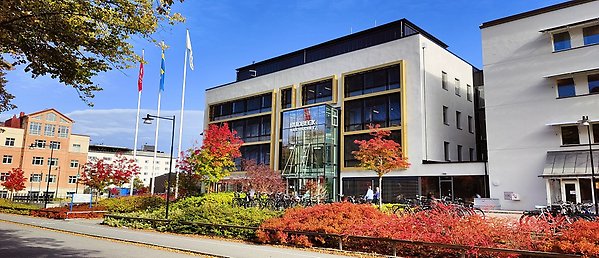Seminar: Single cell and spatially resolved epigenomics
October 28 @ 10:20 – 11:00 CEST
Spatial omics has emerged as a new frontier of biological and biomedical research. In particular, spatial transcriptomics has enabled genome-scale gene expression mapping with spatial resolution in tissue sections. So far, the ability to capture spatial epigenetic information at the cellular level and genome scale has been lacking. This talk will describe recent advances in spatial epigenomics (ATAC-seq, CUT&Tag), single cell epigenomics, and how they can be applied to study multiple sclerosis.
Speaker
Prof. Gonçalo Castelo-Branco is the Professor of Glial Cell Biology at the Department of Medical Biochemistry and Biophysics at Karolinska Institutet, Stockholm, Sweden. Prof. Castelo-Branco received his PhD in Medical Biochemistry in 2005, working on development of dopaminergic neurons and neural stem differentiation. He completed post-doctoral fellowships first at the Karolinska Institutet and then at the University of Cambridge, United Kingdom, working in neural and pluripotent stem cells and chromatin. Prof. Castelo-Branco started his research group in 2012, focusing on the molecular mechanisms defining the epigenetic state of cells of the oligodendrocyte lineage. The main focus of Prof. Castelo-Branco’s research group is to investigate how distinct epigenetic states within the oligodendrocyte lineage are established, by identifying key transcription factors, chromatin modifying complexes and non-coding RNAs that are involved in epigenetic transitions, using technologies such as RNA-Seq (single-cell and bulk), quantitative proteomics and epigenomics, among others. The long term aim of this research group to design epigenetic based-therapies to induce regeneration (remyelination) in demyelinating diseases, such as multiple sclerosis.
Contact: Jakub Westholm, SciLifeLab Bioinformatics Long-term Support

